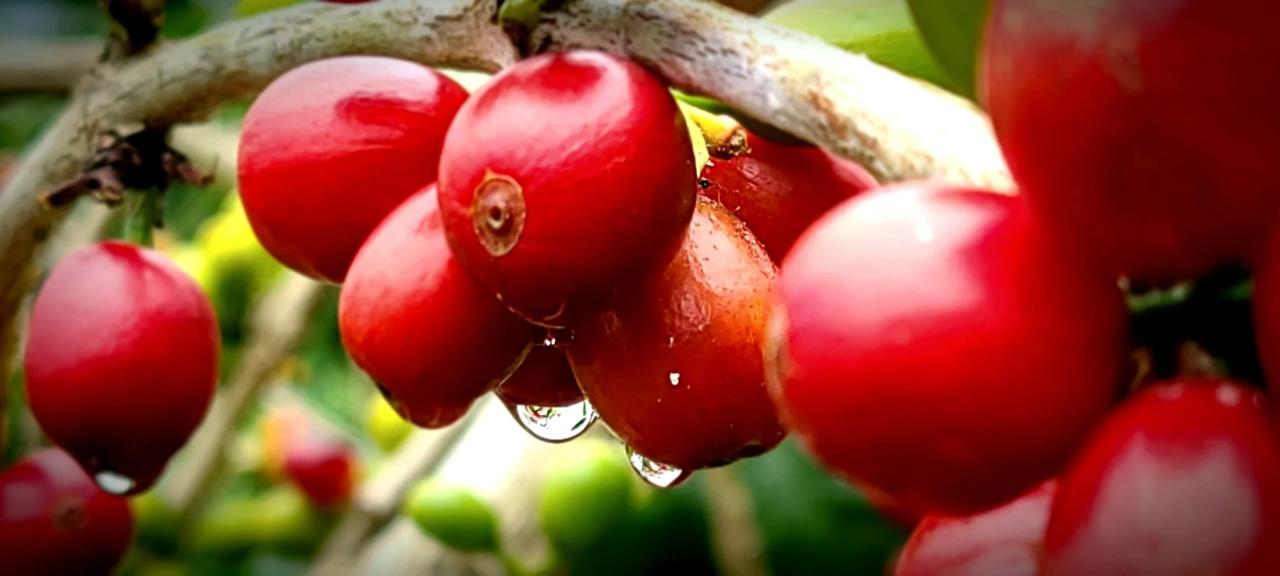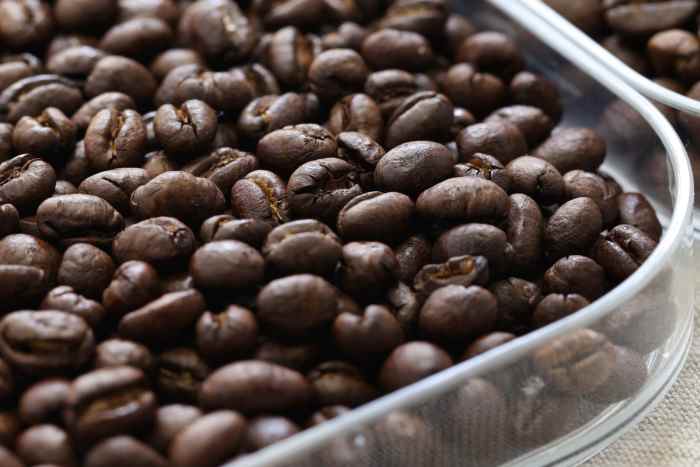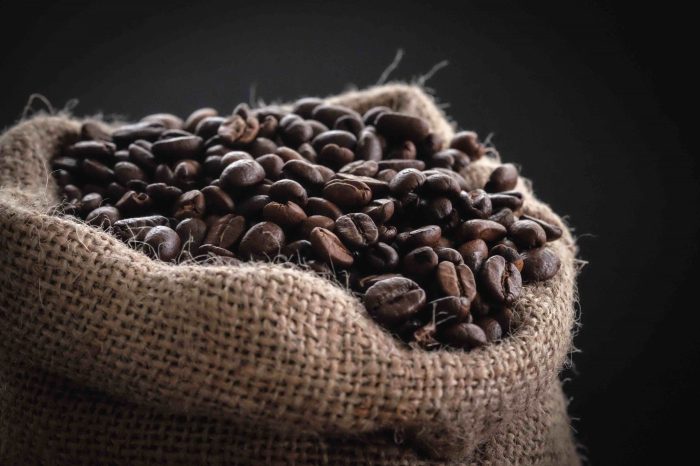The nation of kona cultivates coffee beans – Embark on a journey into the realm of coffee cultivation, where the nation of Kona stands as a beacon of excellence. This captivating exploration delves into the unique practices, cultural significance, and global impact of Kona coffee, offering a comprehensive understanding of this extraordinary brew.
Nestled amidst the slopes of Hualalai and Mauna Loa volcanoes, Kona’s terroir and climate provide an ideal environment for nurturing exceptional coffee beans, renowned for their distinctive flavor and aroma.
Coffee Cultivation in the Nation of Kona

The Kona district on the Big Island of Hawaii is renowned for its exceptional coffee cultivation, producing some of the most sought-after coffee beans in the world. This region’s unique geographical location and climate, coupled with traditional and modern farming practices, contribute to the distinct characteristics and high quality of Kona coffee.
Geographical Location and Climate
Kona is situated on the western slopes of Mauna Loa and Hualalai volcanoes, which provide ideal growing conditions for coffee. The region’s elevation, ranging from sea level to 3,000 feet, creates a diverse range of microclimates that allow for multiple harvests throughout the year.
Coffee Bean Varieties
Kona coffee farmers primarily cultivate two varieties of Arabica beans: Typica and Kona Typica. Typica is a classic variety known for its smooth, balanced flavor, while Kona Typica is a unique cultivar developed in the region, prized for its intense aroma and complex taste profile.
Unique Characteristics
Kona coffee beans are renowned for their exceptional quality and distinctive characteristics. They are typically medium-bodied, with a bright acidity, smooth mouthfeel, and a complex flavor profile that often exhibits notes of chocolate, caramel, and fruit.
Kona Coffee Cultivation Practices

Kona coffee farmers employ a combination of traditional and modern cultivation practices to produce high-quality beans. These practices include:
Traditional Farming Techniques
- Intercropping coffee plants with other crops, such as macadamia nuts and avocadoes, to provide shade and improve soil fertility.
- Hand-picking ripe coffee cherries to ensure only the best quality beans are harvested.
- Natural processing, where the coffee cherries are dried in the sun before the beans are extracted.
Modern Farming Techniques
- Drip irrigation to ensure optimal water management and reduce water consumption.
- Precision fertilization to provide the coffee plants with the nutrients they need for optimal growth and bean development.
- Disease and pest management to protect the coffee plants from potential threats.
Sustainable Practices
Kona coffee farmers are committed to sustainable practices to preserve the environment and ensure the longevity of the coffee industry. These practices include:
- Erosion control measures to prevent soil loss and maintain soil health.
- Water conservation techniques to reduce water usage and protect water sources.
- Composting and organic waste management to recycle nutrients and improve soil fertility.
Kona Coffee Industry

The Kona coffee industry is of significant economic importance to the region. It supports numerous local businesses, including coffee farms, processing facilities, and retailers.
Cooperatives and Associations
Cooperatives and associations play a vital role in supporting Kona coffee farmers. They provide marketing, technical assistance, and educational programs to help farmers improve their productivity and profitability.
Marketing and Distribution Channels, The nation of kona cultivates coffee beans
Kona coffee is marketed and distributed through a variety of channels, including:
- Direct sales from farmers to consumers at farmers’ markets and online platforms.
- Sales to specialty coffee shops and retailers.
- Exports to international markets, particularly Japan and the United States.
Answers to Common Questions: The Nation Of Kona Cultivates Coffee Beans
What factors contribute to the unique flavor of Kona coffee?
Kona coffee’s distinct flavor profile is attributed to a combination of factors, including the volcanic soil, high elevation, and ideal climate of the Kona region.
How do Kona coffee farmers ensure the sustainability of their practices?
Kona coffee farmers employ various sustainable practices, such as shade-growing, water conservation, and organic farming techniques, to preserve the environment and maintain the long-term viability of their operations.
What is the economic significance of the Kona coffee industry?
The Kona coffee industry plays a vital role in the local economy, generating significant revenue and supporting numerous businesses and livelihoods within the Kona region.